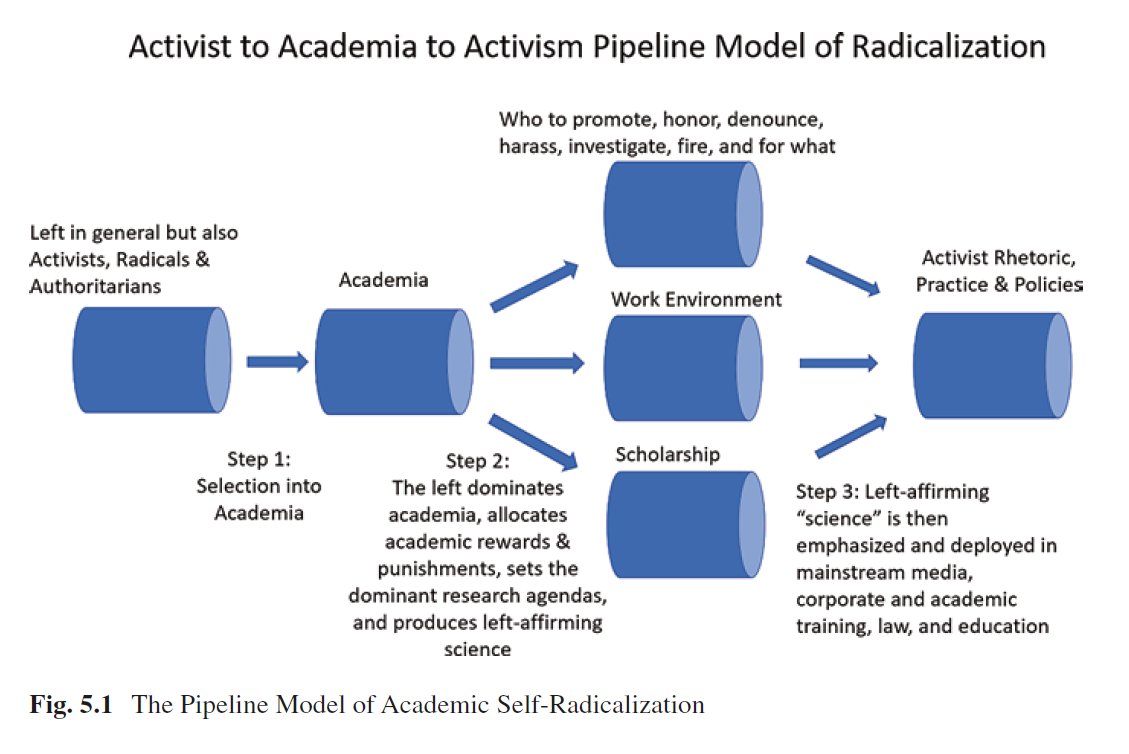A continuation of the discussion in You Say You Want A Revolution. I've held on to these articles for over a year to see how they aged and how I felt about them. They are still relevant as you can see in my July 2023 post Myth Making).
"Russell didn't seek to make his audience comfortable, and here, it is possible to see a link to current efforts to sanitize American history and sand the edges off of inconvenient truths. There remains a spurious notion that to teach - or even raise - uncomfortable facts of racism, slavery and other sins is somehow to condition people to despise themselves or their country".
From "Bill Russell, The Man" by Jason Gay (Wall St Journal, August 2, 2022)
I enjoy reading Jason Gay's sports columns in the Journal. I'm also an admirer of Bill Russell, the basketball player and the man (see Russell,). But, in this passage, Gay is guilty of spreading his own spurious notion about uncomfortable facts - the myth that there are currently efforts to sanitize American history and to avoid teaching about slavery and racism. I've encountered the same sentiments expressed by others, which is disappointing, but no surprise given the barrage of disinformation spread by the media on this matter.
The sentence references legislation enacted in Florida, Texas, and other states, and what it is widely reported to be its substance. If you read these legislative acts instead of relying upon the reporting on it, you will see they (and the state education guidelines) specifically call for public school instruction on slavery, racism, and the civil rights movement. What the legislation bans is racial stereotyping and scapegoating, the idea that certain behaviors and beliefs are inherent to people based on their race and ancestors, along with the conspiracy theory that whites and Jews have conspired to manipulate the structures and language of our society in order to maintain white supremacy.
We've seen this over and over again in the past few years. We hear about the supposed "Don't Say Gay"
legislation, which doesn't actually say that and, in fact, has nothing
to do with gays, instead being a law prohibiting instruction on sexual
matters to children in kindergarten through third grade.
We saw it with President Trump's 2020 Executive Order on banning racial stereotyping and scapegoating in the training of federal employees which the media and Democrats, in a coordinated effort, always described as banning diversity training. There was even a moderator question in one of the 2020 Presidential debates, asking about the ban on diversity training. However, if you read the EO (as I did and reported on in Righteous Acts) you will see that it:
"does not prevent agencies, the United States Uniformed Services, or contractors from promoting racial, cultural, or ethnic diversity or inclusiveness,"
In other words, a blatant lie, but one repeated over and over again, until people accept that it must be true. That's understandable. I'm a retired guy, I have time to read source documents. Most people don't. They have to rely on institutions they've come to trust. The problem is those institutions have become untrustworthy. In David Burge's formulation, the process is:
1. Find a respected institution
2. Kill it and gut it.
3. Wear its skin as a suit.
4. Demand respect.
We've seen this pattern now over and over again with institutions such as the ACLU, ADL, and the Southern Poverty Law Center which still draw contributions and support from people who simply do not realize the mission of these organizations has been completely transformed into efforts to suppress opposition and free speech in support of efforts to divide Americans by race and gender.
Here's how it works in academia:
Source: N. Honeycutt and L. Jussim (2023), "Political Bias in the Social Sciences: A Critical, Theoretical, and Empirical Review"
The result is, as David & Jeanne Heidler observed in Henry Clay: The Essential American (2010)
Rather than the often repeated adage that the victors write the history of an event, the story of anything is actually determined by the unswerving adoption of one version of it, and the telling of that version by a determined cadre of writers. In time, the version with the most persistent adherents becomes the 'truth' "
The
lesson here is that the media and Democrats, determined to keep the
public at a fever pitch of hysteria over racism, fascism, and the end of
democracy, realized that through their control of the institutions they
can simply make stuff up and repeat it endlessly. I don't think Jason
Gay is willfully deceiving his readers. He's a sports columnist, I'm sure he's never read the legislation about which he's commenting, he's
just passing on what he reads and hears in the newsroom and what's in the air in
the bubble in which he lives and works.(1)
There are other methods to achieve the same goals. In "My
School's 'Antiracist' Agitprop", (Wall St Journal, Sept 16, 2022), Sahar Tartak writes about her experience at Great
Neck North High School on Long Island. The school directed the
student government to give $375 of student funds to a "racial equity"
group to speak to the student body about "systemic racism". Tartak refused
to sign the check. A Zoom meeting was held to discuss the matter:
When I suggested that students might not need or want a lecture on systemic racism, my social-studies teacher asked whether I'd also oppose a Holocaust survivor's presentation.
I objected to that comparison, but she cut me off: "If you're not on board with systemic racism, I have trouble with that, girlfriend."
When I didn't back down, she made a bizarre accusation: "The fact that you think slavery is debatable . . ."
That's when I noticed how illiberal my liberal high school had become. I once expressed disagreement with the narrative of the "1619 Project" and that same social studies teacher snapped that I was opposed to hearing other perspectives. I had signed up for her class because it was described as "discussion-based", but certain discussions seemed forbidden.
Later a friend showed me a lesson from his English class - a Google Slides presentation urging that students pledge to work "relentlessly" to the "lifelong process" of "antiracism". According to these slides, America is a place where racism is "no better today than it was 200 years ago". I disagree but didn't mind the debate. Yet this wasn't about debate: Immigrant children were being told to "pledge" to defend a view many of them don't hold.
I doubt students could have comfortably objected in class. The lesson pre-empted criticism by imputing to them "white fragility", which means they "close off self-reflection", "trivialize the reality of racism" and "protect a limited worldview". The adult presenting this accusatory material was a teacher who had the power to grade them and affect their prospects of getting into college.
What Tartak describes being subjected to is specifically what the Texas and Florida laws that Jason Gay inaccurately described as avoiding talking about slavery and racism, were designed to prevent.
Ms Tartak stood up to this and is doing fine. She's now at Yale. In fact, she'll now be used by the radicals to dismiss the idea that there really is a cancellation or censorship problem on the left. But how many can stand up to this when indoctrination starts in elementary school? Others with Ms Tartak's fortitude see what can happen and will remain silent. JK Rowling has withstood cancellation attempts because her books still bring in so much money, but other UK feminist writers who are just starting their careers, spoke out in her support, and suddenly find they can't get published.
In The Philosophy of Modern Song, Bob Dylan writes:Turns out, the best way to shut people up isn't to take away their forum - it's to give them all their own separate pulpits. Ultimately most folks will listen to what they already know and read what they already agree with. They will devour pale retreads of the familiar and perhaps never get to discover they might have a taste for Shakespeare or flamenco dancing. It's the equivalent of letting an eighty-year-old pick their own diet. Inevitably they'll choose chocolate for every meal and end up undernourished with rotted teeth and weighing five hundred pounds.
Dylan is right but there is a twist here. Dissenting voices to the progressive orthodoxy on race and gender are being pushed into their separate "pulpits" but the new orthodoxy dominates the most important heights in our culture, often under false pretenses, but reaching a wider audience.
-------------------------------------------------
(1) For reference, the news section of the Journal is almost as progressive as the New York Times. The editorial pages remain conservative, but not Trumpist. However, I expect that will change over time and eventually the news and editorial sections will align in providing synchronized narratives just like the Times.


.jpg)










